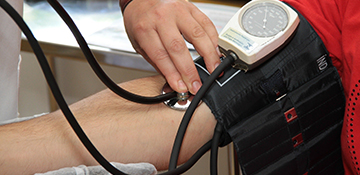Get immediate and accessible consultations brought to your doorstep by our team of experienced physicians and specialists. Whether routine check-ups or urgent medical needs, our doctors are dedicated to providing timely care.
Administered by our skilled professionals and nurses, our IV drip therapy is seamlessly integrated into your home environment, ensuring continuous treatment without compromising your comfort or routine. All of that and more care at your doorstep.
Prioritizing safety and convenience, our qualified professionals and specialists conduct PCR tests at your residence, ensuring accuracy and efficiency while minimizing disruptions to your daily life. Be safe and prepared to fight COVID-19 with our latest PCR tests and treatment methods, all from the comfort of your home.
For our lab tests, we facilitate convenient sample collections at your residence, ensuring accuracy in diagnostics while respecting your comfort and privacy from simple blood tests to complete body diagnostics. Our specialists will visit you and take care of all the necessary tests while you commence your work as usual.







